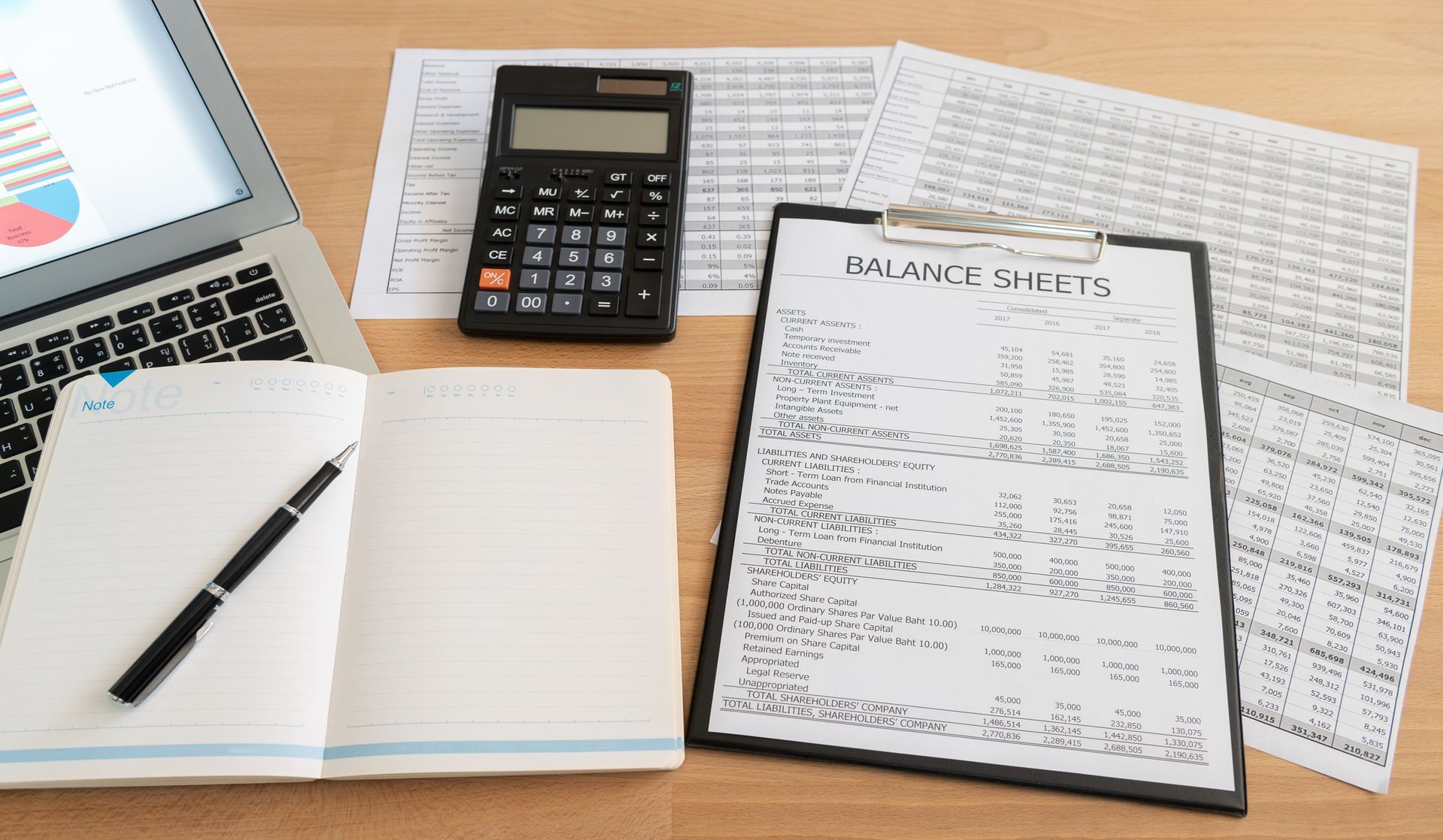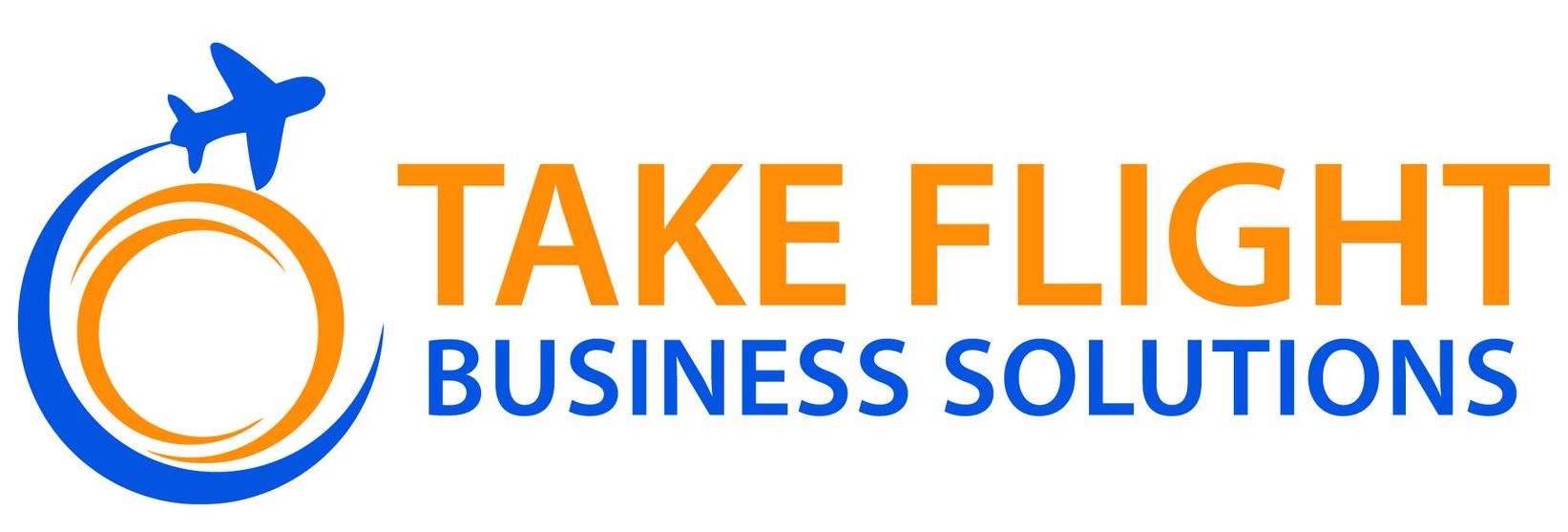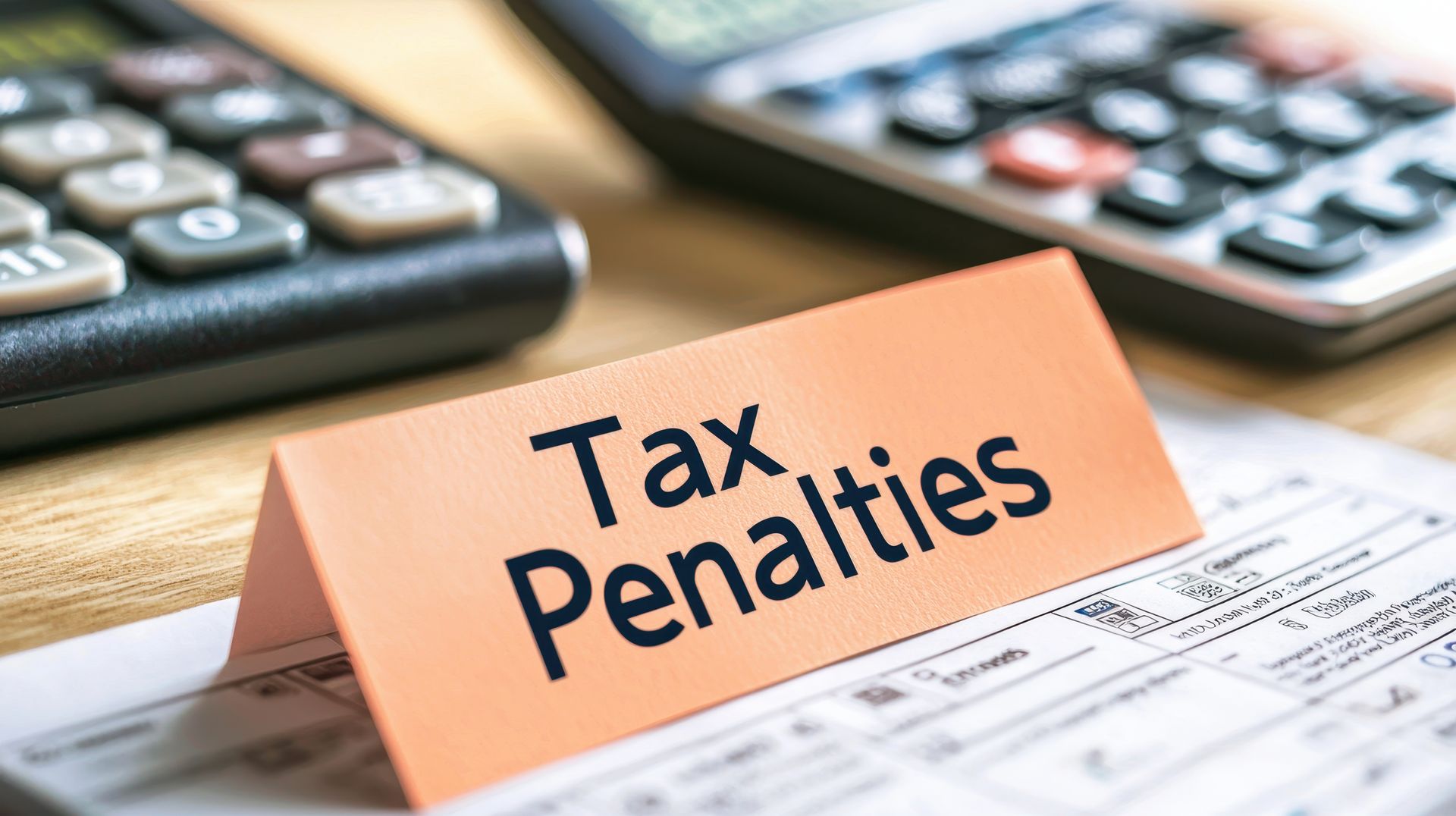What You Probably Didn't Know Could Save You on Taxes
What You Probably Didn't Know Could Save You on Taxes
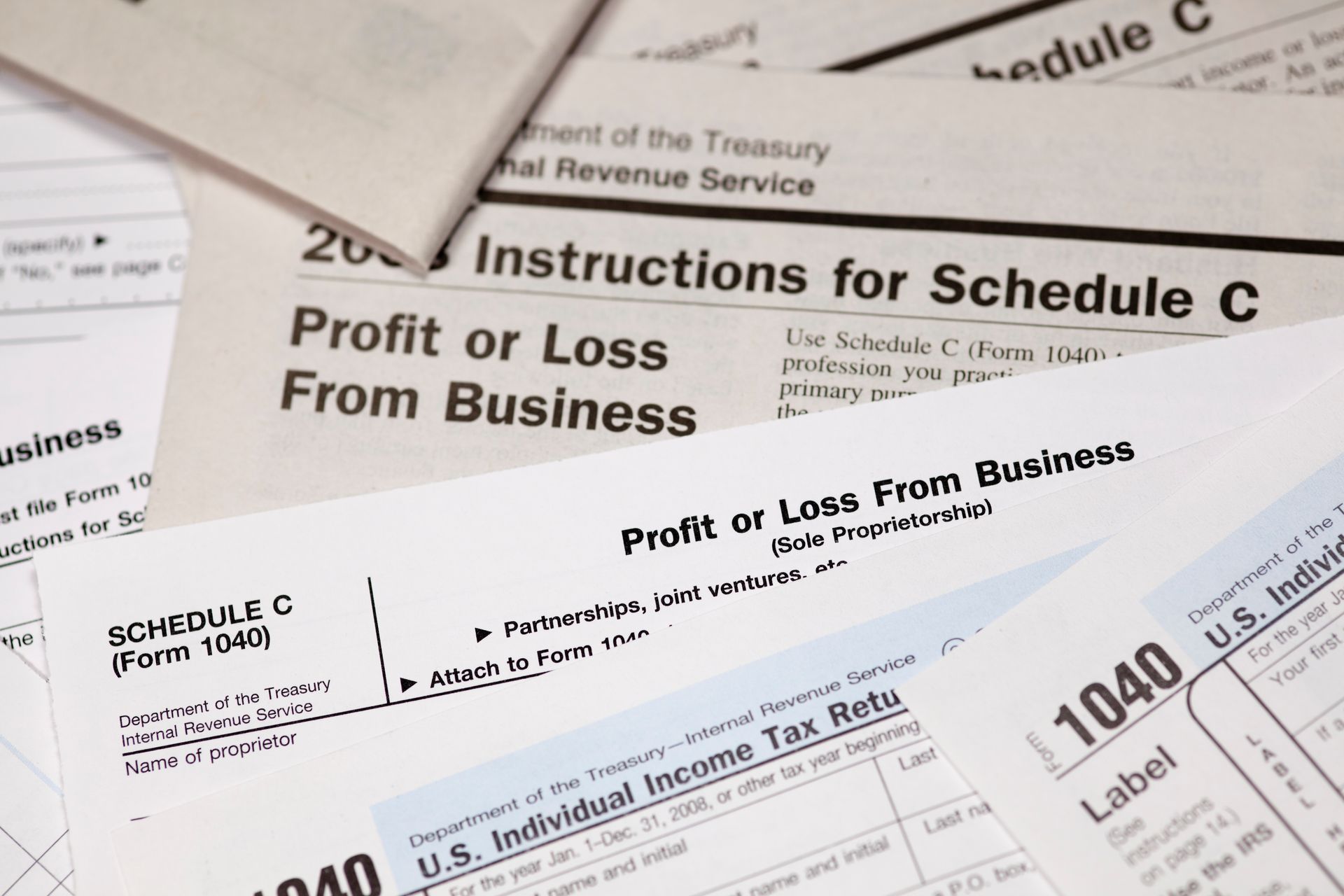
Taxes can be a daunting subject for many, with complexities and nuances that leave even the most seasoned taxpayer scratching their head. While paying taxes is a civic duty and necessary for the upkeep of various public services, it doesn’t mean you need to pay more than what’s fair. In fact, there are multiple ways to legally reduce your tax liability, some of which are not as well-known as they should be.
1. Hobby as a Business
Do you have a hobby that occasionally brings in some money? Maybe it's selling handmade crafts, taking photographs, or growing and selling plants. If you're making money from your hobby, you might be able to classify it as a business. Why is this advantageous? As a business, you can deduct expenses that relate to your business activity.
However, the IRS will want to see that you are genuinely pursuing it as a business and not a hobby. This means having a business plan, maintaining separate bank accounts, and genuinely attempting to make a profit. Be sure to keep thorough records of both income and expenses.
2. Tax Credits for Going Green
The government often provides incentives for taxpayers to make environmentally friendly choices. This could be in the form of tax credits for installing energy-efficient appliances, solar panels, or even purchasing electric vehicles. These credits can lead to significant savings, both on your tax bill and in your day-to-day energy consumption.
3. Medical Expense Deductions
Many people are aware that significant medical expenses can be deductible, but few realize the breadth of what counts. Aside from doctor visits and medications, you can also deduct travel expenses related to medical care. This includes mileage for driving to and from appointments, parking fees, and even hotel stays if you need to travel out of town for treatment.
4. Home Office Deduction
The modern world has seen a shift in working habits, with more and more people working from home. If you use a part of your home exclusively for business, you may be eligible for the home office deduction. This doesn’t just include rent or mortgage interest, but also a portion of utilities, property taxes, and home insurance. The key here is that the space must be used exclusively for business, so your kitchen table usually won't qualify.
5. Lifetime Learning Credit
Education doesn’t stop after school, and neither do the tax benefits associated with it. The Lifetime Learning Credit allows taxpayers receive up to $2,000 off their tax bill for post-secondary education expenses in 2023, not just for degree-seeking students but for anyone taking courses to acquire or improve job skills. https://www.irs.gov/credits-deductions/individuals/llc
6. Saver's Credit
Designed to reward low-to-moderate income individuals for contributing to retirement accounts, the Saver’s Credit can put money back into your pocket. Depending on your income and filing status, you could claim a credit of up to 50% of the first $2,000 you contribute to a retirement account in 2023, which means a $1,000 savings off your tax bill. https://www.irs.gov/retirement-plans/plan-participant-employee/retirement-savings-contributions-savers-credit
7. Rental Property Perks
If you own rental property, you might only be thinking about the income it generates. However, the expenses associated with maintaining that property can offset that income. This includes not only the obvious expenses, like repairs and property management fees, but also the depreciation of the property over time.
8. Self-Employment Perks
Being self-employed comes with its own set of challenges, but it also has tax benefits. One of the key deductions is for self-employment tax. Self-employed individuals have to pay both the employer and employee portion of Social Security and Medicare taxes, but they can deduct the employer portion. Plus, things like business-related travel, health insurance premiums, and even certain meals can be deductible.
9. Gifts and Inheritance Strategy
While gifts and inheritances might seem like free money, they can come with hefty tax implications. But with careful planning, you can reduce the tax burden. For instance, as of my last update in 2023, an individual can gift up to $17,000 per person per year without incurring the gift tax. This can be a strategy to pass wealth to heirs without facing high estate tax implications later on. https://www.irs.gov/businesses/small-businesses-self-employed/frequently-asked-questions-on-gift-taxes
10. Tax-Advantaged Accounts
Using tax-advantaged accounts, like Health Savings Accounts (HSAs) or Flexible Spending Accounts (FSAs), can lead to significant savings. These accounts let you set aside pre-tax money for specific expenses, such as medical costs or dependent care. This reduces your taxable income, potentially pushing you into a lower tax bracket.
Conclusion
The world of taxation is vast and intricate, but with a little knowledge and planning, you can ensure you’re not paying more than your fair share. By familiarizing yourself with lesser-known deductions and credits, and perhaps seeking advice from tax professionals, you can potentially save yourself thousands of dollars and oodles of time trying to learn these things. It's worth noting too, that tax laws are subject to change, and what's relevant one year might not be the next. Always stay updated with the latest tax laws or hire a professional to guide you through the maze of tax-saving opportunities.
